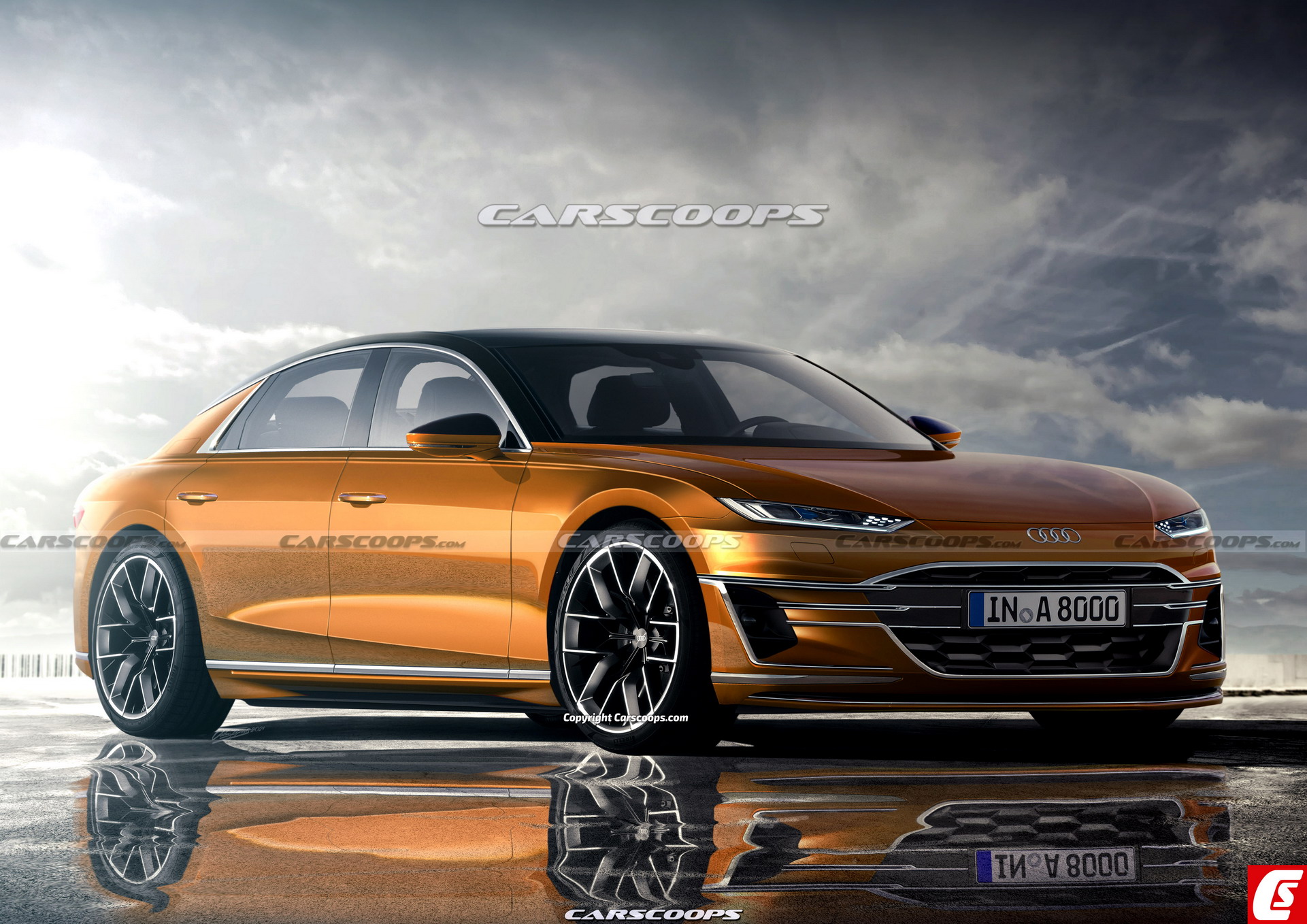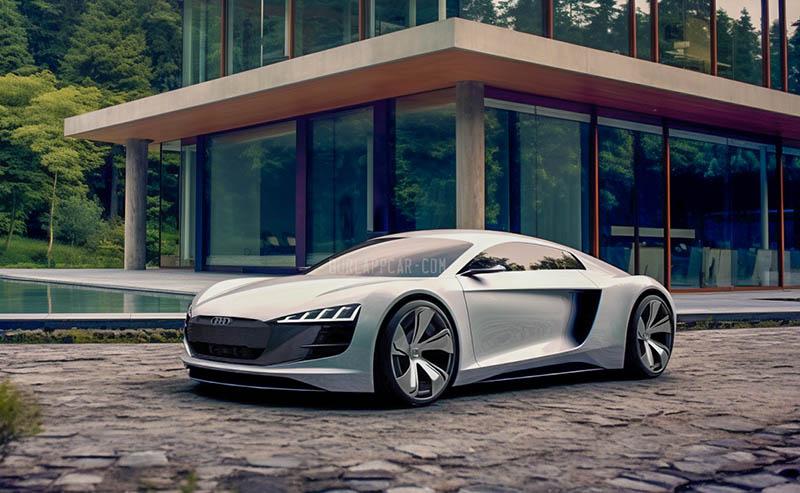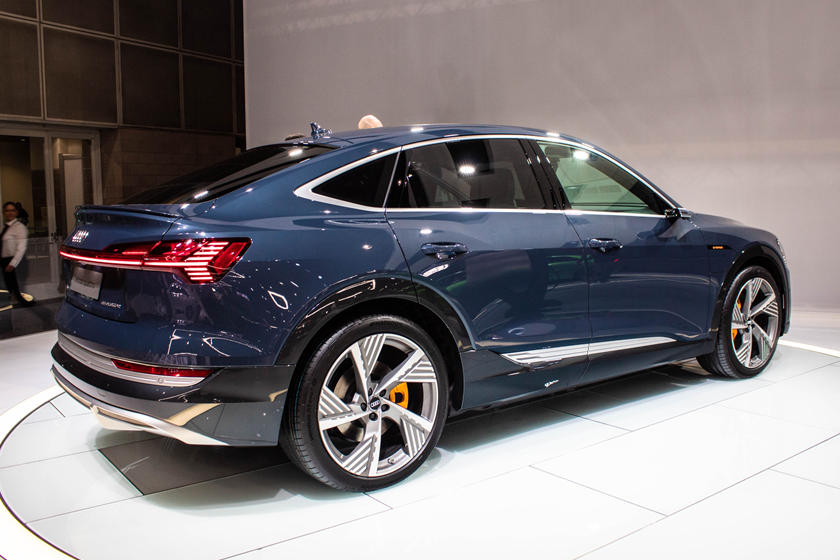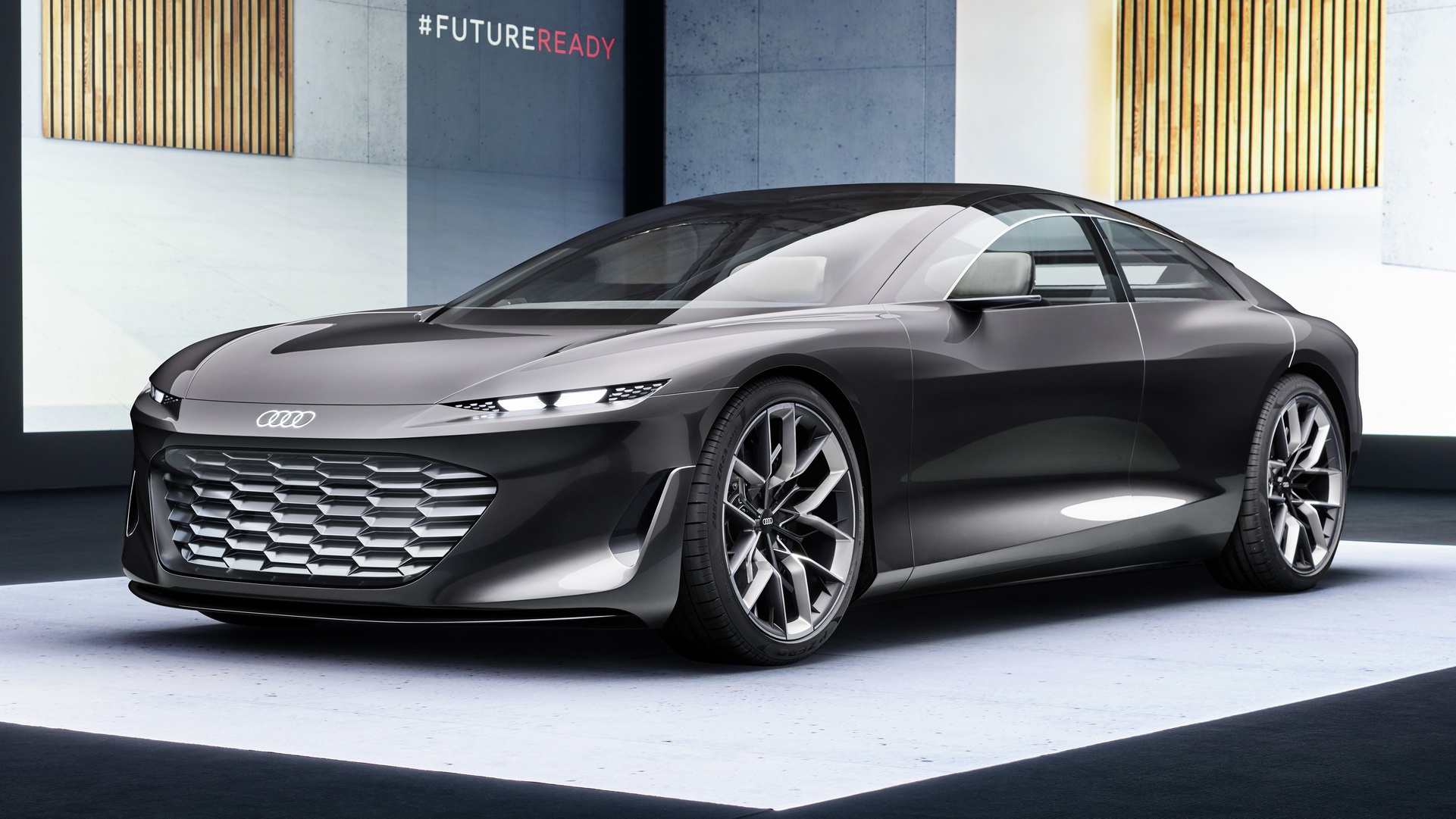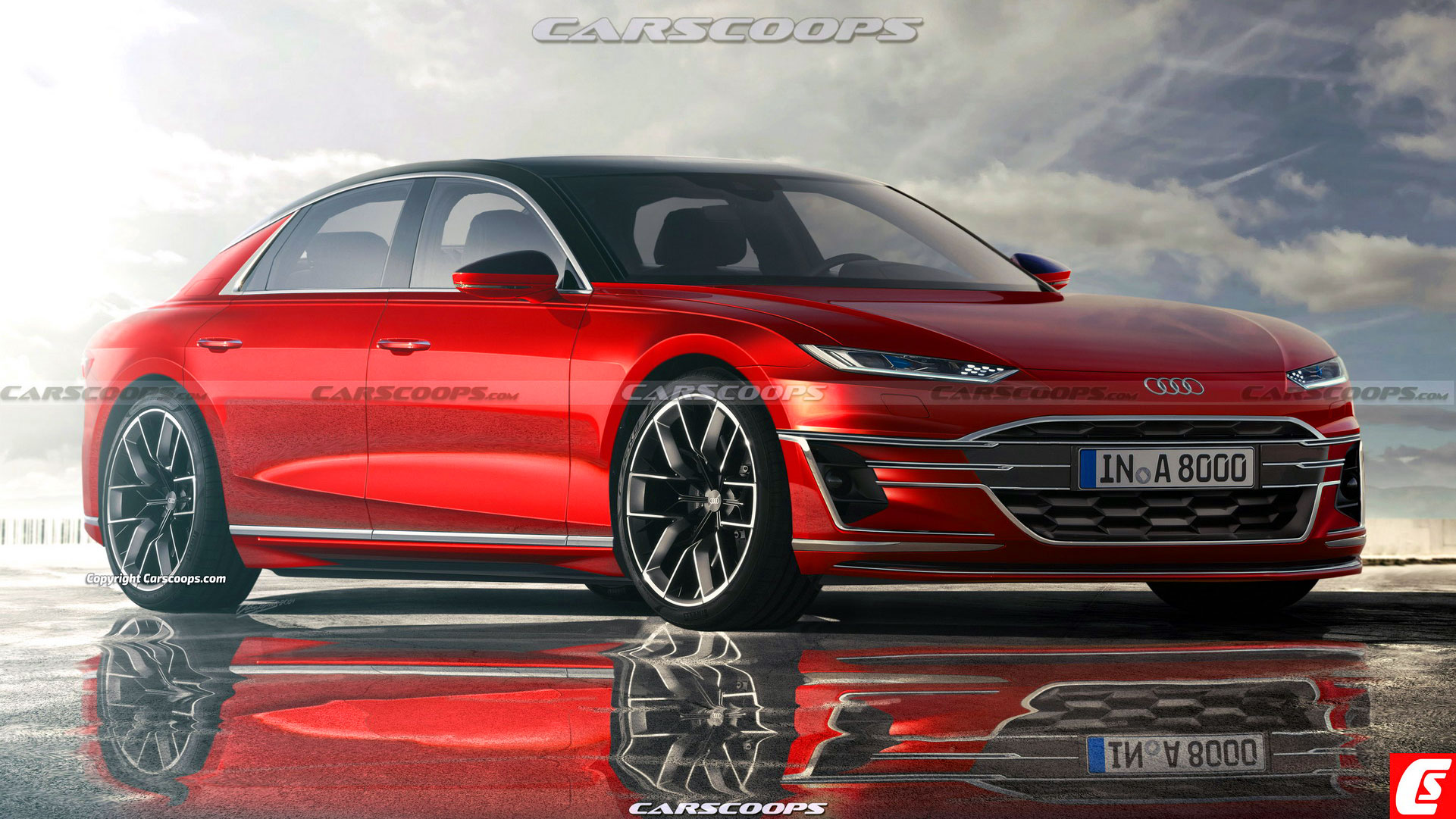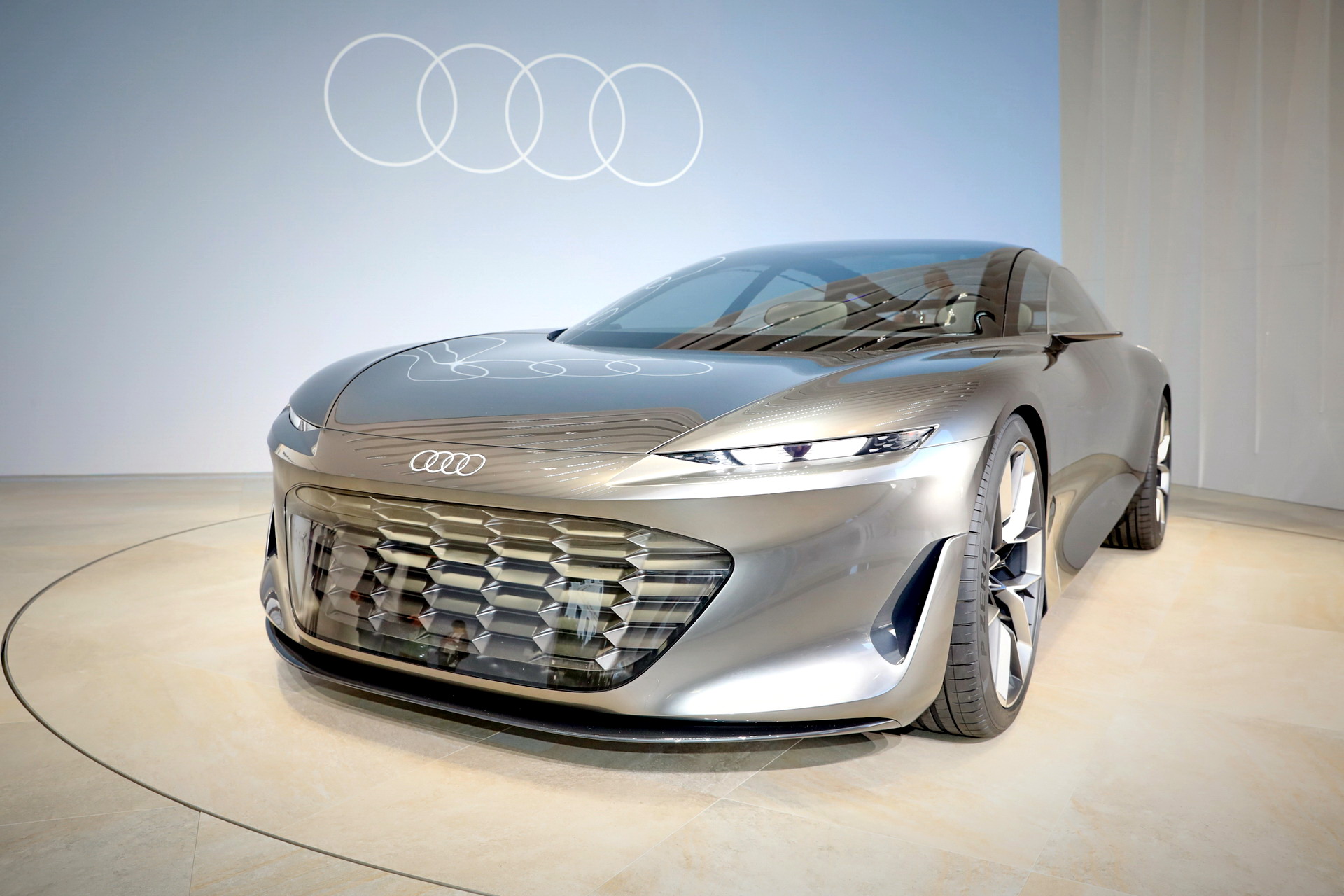
Audi’s Bold Move: 2025, The Year of the Electric Revolution
The automotive landscape is changing at an unprecedented pace, with electrification taking center stage. As the world grapples with climate change and the need for sustainable mobility, car manufacturers are scrambling to adapt and embrace the electric future. Among them, Audi has made a bold statement, declaring 2025 as the year they will cease production of internal combustion engine (ICE) vehicles in Europe. This decision signifies a significant shift in the company’s strategy and marks a pivotal moment in the global automotive industry.
A Shift Towards a Sustainable Future:
Audi’s commitment to an all-electric future in Europe is driven by several factors. Firstly, the European Union has set ambitious targets for reducing greenhouse gas emissions, with a goal of achieving carbon neutrality by 2050. This legislation compels car manufacturers to prioritize electric vehicles (EVs) and phase out traditional ICE models.
Secondly, consumer demand for EVs is steadily increasing, driven by factors like environmental concerns, lower running costs, and advancements in battery technology. Audi recognizes this changing consumer preference and aims to capitalize on the growing EV market.
Thirdly, Audi’s commitment to sustainability extends beyond simply meeting regulatory requirements. The company believes that electrification is the key to a more environmentally responsible future, and they are actively investing in research and development to accelerate the transition to electric mobility.
The Audi E-Tron Family: Pioneering Electric Mobility:
Audi’s journey into the electric era began in 2018 with the launch of the e-tron SUV. Since then, the company has expanded its electric lineup, introducing the e-tron Sportback, e-tron GT, and Q4 e-tron. These models showcase Audi’s commitment to delivering premium EVs that offer both performance and sustainability.
The e-tron series boasts impressive features, including:
- Cutting-edge battery technology: Audi’s EVs are equipped with high-capacity batteries that offer long driving ranges, exceeding the requirements of most daily commutes.
- Powerful electric motors: Delivering instant torque and acceleration, Audi’s electric motors provide a thrilling driving experience.
- Advanced driver assistance systems: Audi’s EVs are equipped with a suite of advanced safety features, including adaptive cruise control, lane departure warning, and automated parking assistance.
- Elegant design and premium interior: Audi’s EVs maintain the brand’s renowned design language, offering luxurious interiors with high-quality materials and advanced technology.
Challenges and Opportunities:
While Audi’s commitment to electrification is commendable, the transition to an all-electric future presents several challenges:
- Infrastructure limitations: The current charging infrastructure for EVs is still developing, particularly in rural areas. Audi recognizes this challenge and is actively collaborating with partners to expand charging networks and make EVs more accessible.
- Battery production and sourcing: The production of batteries for EVs requires significant resources and raises concerns about ethical sourcing and environmental impact. Audi is actively working on developing sustainable battery production methods and sourcing materials responsibly.
- Consumer acceptance and range anxiety: Some consumers still harbor concerns about the range of EVs and the time required for charging. Audi is addressing these concerns by developing high-capacity batteries and innovative charging technologies.
Despite these challenges, Audi’s commitment to electrification presents significant opportunities:
- Market leadership: By embracing the electric future, Audi has positioned itself as a leader in the rapidly growing EV market.
- Technological innovation: The transition to EVs necessitates significant advancements in battery technology, charging infrastructure, and software development. Audi is investing heavily in research and development, pushing the boundaries of electric mobility.
- Sustainability and environmental impact: Electrification offers a significant opportunity to reduce greenhouse gas emissions and contribute to a more sustainable future. Audi is committed to playing a leading role in this transition.
Beyond 2025: A Global Vision:
Audi’s 2025 commitment to an all-electric future in Europe is just the beginning. The company plans to gradually phase out ICE vehicles globally, with the aim of becoming a fully electric brand by 2030. This ambitious goal requires a significant investment in research, development, and manufacturing, but Audi is confident in its ability to deliver on this promise.
To achieve its vision, Audi is collaborating with partners across the automotive ecosystem, including battery manufacturers, charging infrastructure providers, and software developers. The company is also investing in new technologies, such as autonomous driving and connected car features, to enhance the electric driving experience.
The Future of Mobility:
Audi’s decision to embrace electrification is a significant turning point in the automotive industry. It signals a shift away from traditional ICE vehicles and towards a future powered by clean energy. The company’s commitment to sustainability and its focus on innovation will likely inspire other car manufacturers to follow suit, accelerating the transition to electric mobility worldwide.
The future of mobility is electric, and Audi is leading the charge. By embracing the challenges and opportunities of this transformation, the company is poised to play a pivotal role in shaping a more sustainable and connected future for transportation.
Key Takeaways:
- Audi’s commitment to an all-electric future in Europe by 2025 is a bold statement that reflects the growing importance of sustainability in the automotive industry.
- The company’s E-tron family of electric vehicles showcases its commitment to delivering premium EVs that offer both performance and sustainability.
- Audi faces challenges such as infrastructure limitations, battery production and sourcing, and consumer acceptance, but it is actively addressing these issues through innovation and collaboration.
- The company’s ambitious global vision of becoming fully electric by 2030 signifies a significant shift in the automotive landscape and will likely inspire other manufacturers to follow suit.
- Audi’s commitment to electrification is a positive step towards a more sustainable and connected future for transportation.
Further Considerations:
- The impact of Audi’s decision on the global automotive market and the future of ICE vehicles.
- The role of government policies and regulations in accelerating the transition to electric mobility.
- The challenges and opportunities associated with the development of sustainable battery production methods.
- The potential for electric vehicles to become a significant driver of economic growth and job creation.
The journey towards an all-electric future is just beginning, and Audi is at the forefront of this revolution. The company’s commitment to sustainability, innovation, and collaboration will be key to shaping a more sustainable and connected future for transportation. The year 2025 marks a pivotal moment, not just for Audi, but for the entire automotive industry, as the world embraces the electric revolution.

